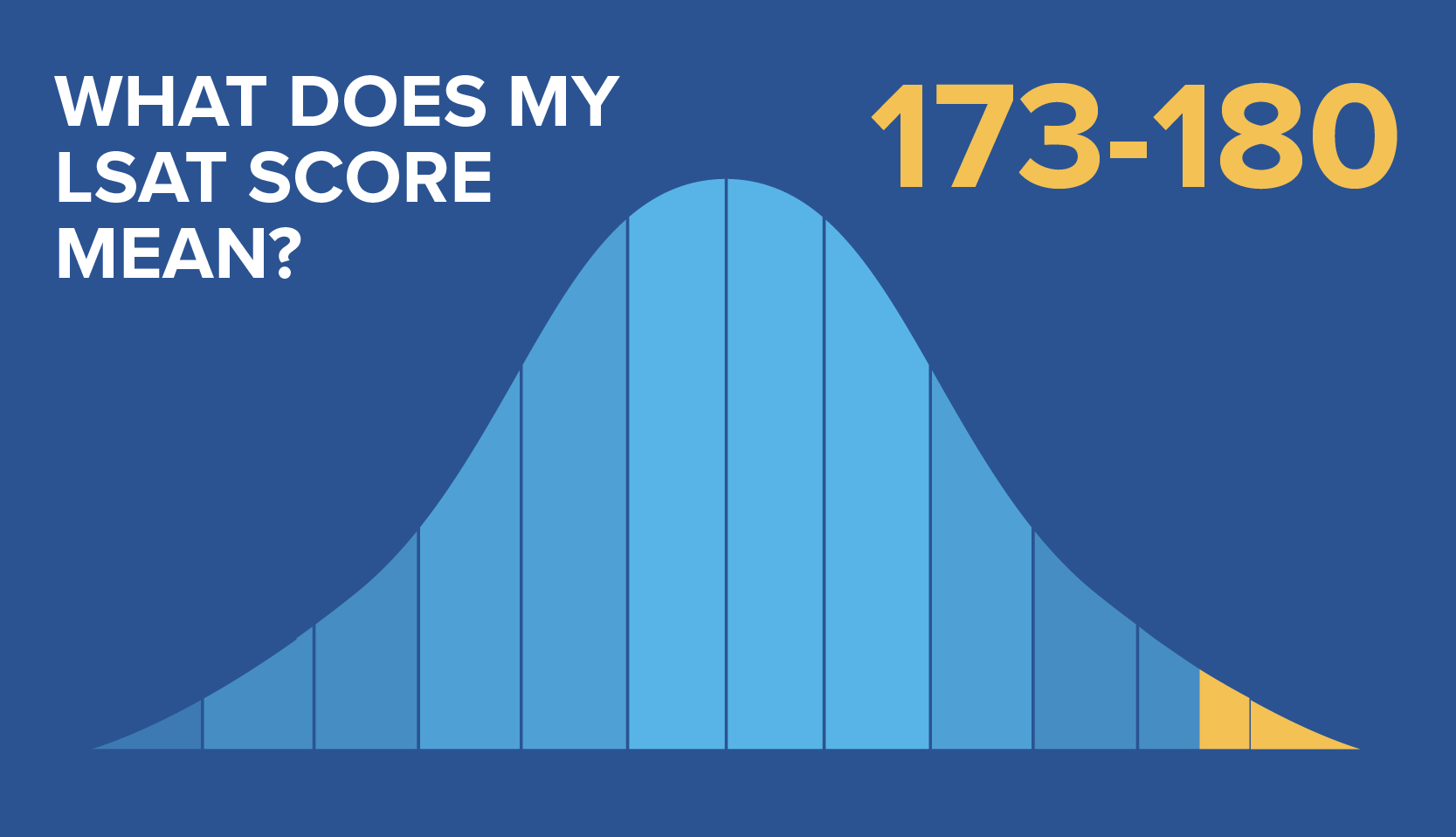So there is always a lot of discussion about the “curve” of the LSAT. When people talk about the curve of the LSAT, they are generally referring to the score conversion, or how many questions you must answer correctly to get a certain LSAT score. The percentiles for the LSAT are fixed over three-year periods, but the score conversion does change from test to test. In other words, a student who scores in the 90th percentile will always have a 163, but that score could require different raw scores on different LSAT administrations.
The curve can make a significant difference in your final score. Take the coveted 170 as an example. There have been recent tests that have allowed students to get as many as 11 and as few as 8 questions wrong to score a 170. If you got 10 questions wrong on the December 2004 LSAT, you received a 172. But if you got 10 questions wrong on the June 2007 LSAT, you only received a 168. That can make a big difference when it comes to your future law school.
You all get the point. A lenient curve is a good thing for students.
Well, I am here to make a bold prediction about the upcoming curve on the September LSAT.
I think it is going to be an easy curve.
Before you call me crazy, listen to my justification. And, to be honest, I am not totally convinced yet, but I have been throwing around the idea for a while and it seems to work every time I do the mental aerobics.
You see, the number of people taking the September LSAT is probably going to be very high. I make this prediction based on the numbers for the June LSAT, which had the largest amount of June test takers in the history of the test, as well as the fact that we’re in a recession, which historically tends to drive people back to graduate school. I discussed the implications of this increase in an earlier blog post if you wish to review my thoughts.
So I think that there are going to be a huge number of people taking the September LSAT. Normally a huge number of people taking the test would simply even out the curve, but I think there may be a bit of a ‘perfect storm’ taking place here. Let me explain (and please check my math.)
- 1. The economy is in the crapper, if you have not heard. So there are going to be a lot of people taking the LSAT who are not totally convinced that they even want to go to law school. Basically, they lost their job (or didn’t have one) and don’t know what to do. I believe this type of person is less likely to sufficiently prepare or study very hard for the LSAT.
– Plus –
-
- 2. The June LSAT featured an incredibly troublesome game for students, the infamous mauve dinosaurs (
- ). Whereas the people who aced the June test are basking in their post-LSAT glory, the people who got destroyed by that game will be taking the test again. And that game destroyed a lot of people.
– Plus –
-
- 3. Perhaps the most significant factor in my prediction is the recent change in LSAC testing rules. You see, students used to be able to postpone their LSAT date right up until the day of the test. Many students would wait until the day before the LSAT to decide that they were going to wait and study more. That is no longer an option. Students now have to decide three weeks in advance whether or not they are going to postpone their test date (
- ). That means that there are going to be thousands of students taking the LSAT this September who would have postponed in years past. In my own personal experience, I think that I have at least a couple dozen students who fit into this category.
Add these factors together and it’s likely that we’ll see an easy curve.
I am not saying that you are going to be able to miss half the questions and still get into Harvard next year. But in the competitive world of admissions, even a question or two can make a difference. So maybe you will be able to miss 11 or 12 questions for a 170…or maybe you will have the leeway to miss 24 or 25 questions for a 160.
Boy, that would be nice, huh?
For the record, I am taking the upcoming September LSAT and maybe this is all just wishful thinking.
So do you buy it?



